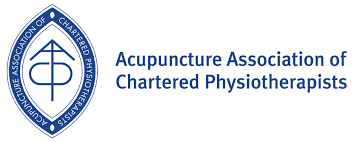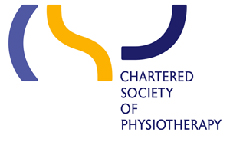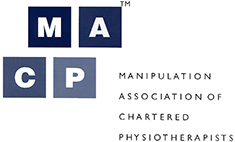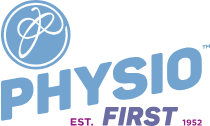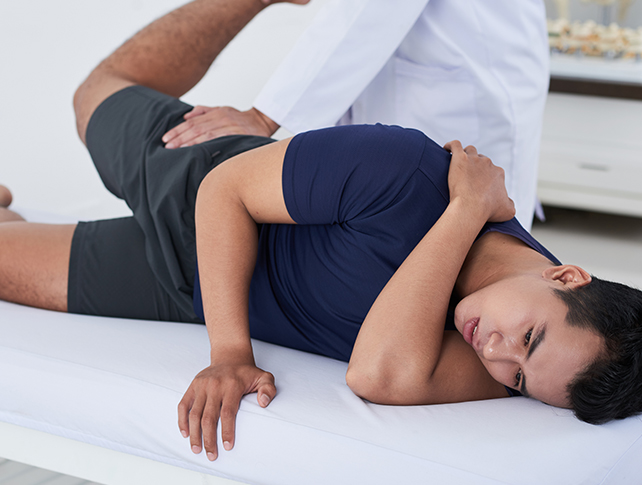
Our therapists see different types of hip problems experienced by younger and older patients. Arthritis, hip flexor, piriformis, adductor and gluteal tendinopathies, post-op joint replacements and resurfacing operations, labral tears, groin strains and many more. Hip pain and stiffness can affect walking, running, swimming, cycling and many daily activities.
Osteoarthritis is the most common form of arthritis and can result in severe pain, especially in the hip. This occurs when the cartilage (which lines our joints to help with shock absorption and weight distribution) begins to breakdown.
This term refers to any damage to a tendon. A gluteal tendinopathy especially on the outer side of the hip is one of the most common around the hip especially in menopausal, peri and postmenopausal women.
Bursitis is inflammation in the fatty, fluid filled sacks that lie between bones and soft tissues to prevent friction. The most common site is on the outside of the hip and is called trochanteric bursitis.
The labrum is a fibrous cartilage that surrounds the socket of the hip and makes the ball and socket joint deeper and more stable. Problems can occur from overuse, injury or general wear and tear. Labral injuries can cause severe pain including sharp catch pains and stiffness.
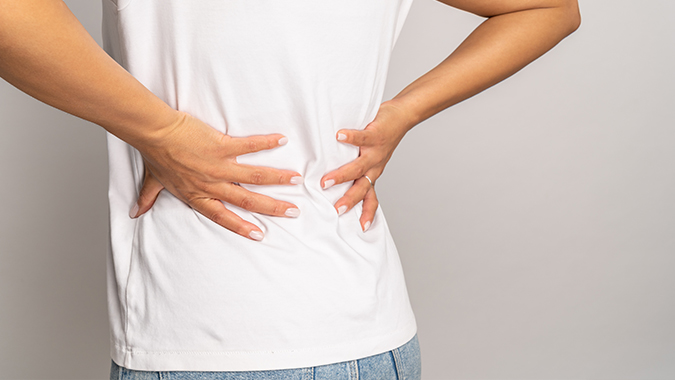
At Essex Physiotherapy, your therapist will carry out a thorough assessment, looking at the movements and activities you can do, anything you can’t do and deciding if further investigation such as an x-ray, blood tests or a scan is needed. Hip pain can really impact your life and hobbies but will usually settle readily if dealt with correctly. A combination of exercise therapy, manual therapy and pain relief often proves helpful. Combined with education on what’s happening and why, things can often improve quickly. Mindset coaching can also make a huge difference to overcoming fear and limiting beliefs that hold back our recovery.
Whether you want to walk upstairs more easily or run a marathon, our clinicians will do their best to get rid of that horrible hip pain.
